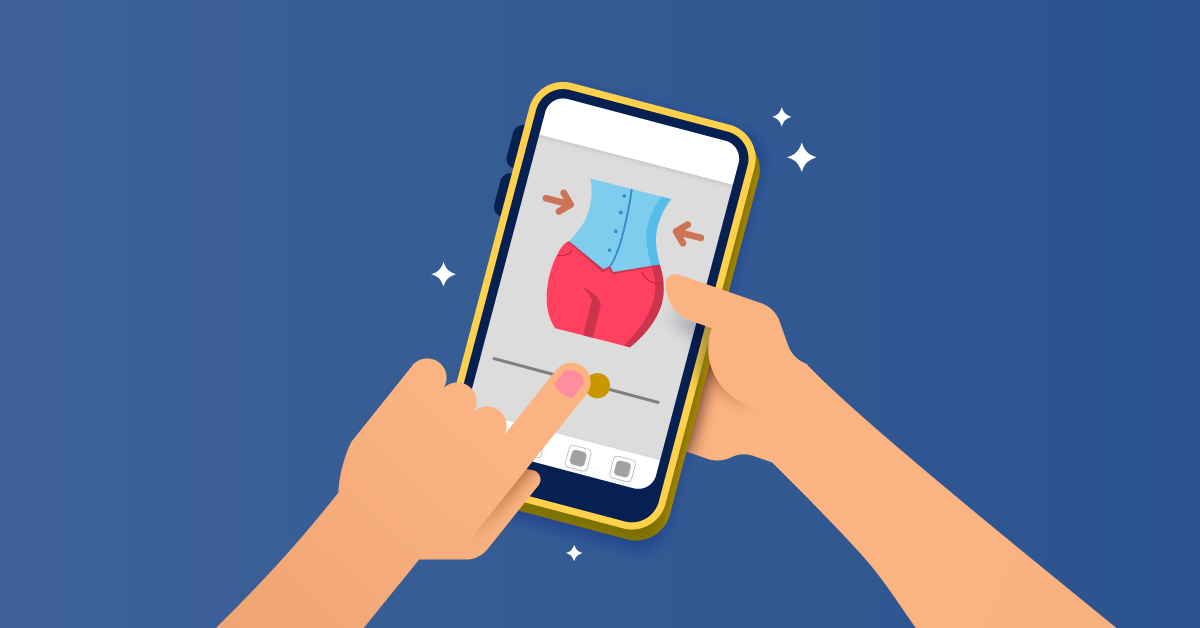The connection between digital media and body image is undeniable. Throughout our development we have been reminded over and over about the negative implications of media on our self-image: there are ample opportunities for comparison; a constant flow of beauty consumer culture; and the denormalization of all but a few body types. If we are so well versed in this correlation, why is it so hard to separate our own bodies from the bombardment of media that we access on a day-to-day basis through our cellphones.
Obviously, a reflection of our “real” world: the behaviours and ideas that already exist and are magnified by the ease of access of mobile culture and the proliferation of its use. In a way it is more unescapable because it permeates our lives in almost every moment.
Counter culture is obviously extremely important. Perhaps some of you have been inspired by Lizzo’s body positive Instagram, or have favourited some badass tiktoker’s for inspo. One particularly beautiful example of counter culture is one of my favourite Instagram accounts: @livelifeunfiltered, where photos and interviews are featured of women who discuss their relationship to their bodies and to social media. You can view their TedTalk, “Can our Body Image Handle Social Media” here:
https://www.youtube.com/watch?v=iWc5rQ_YvYw
This issue is obviously still endemic on in our mobile culture. Which begs the question: how do we sustainably separate our bodies from our phones?

While social media allows us to easily connected with others, it also creates a vast platform where people compare themselves with people they know or complete strangers. We see people posting their “perfect” life and “perfect” images and wonder why we are merely ordinary. The detrimental influence includes but is not limited to appearance anxiety, peer anxiety, and social anxiety. Lots of adolescents and adults have suffered from such psychological pressure, which may lead to serious mental illnesses such as eating disorders and depression. I agree with you that counter culture is vital to free people from the so-called beauty standards for all human beings. It is also important to learn how to objectively view the information we gain from social media and stay true to what is more important to ourselves.
Thanks for choosing such an important topic, Sage. While reading, I immediately thought of the role that photo editing apps play in these unrealistic beauty standards that are bombarding social media outlets. As a woman, I tend to “feel” most for young girls, but also know that these beauty standards are far reaching and have the potential to affect people of all gender and racial identities. I checked out @livelife_unfiltered – SO good! Thanks for sharing. Another inspiring movement in the body positivity/inclusivity world for me right now has been Rihanna’s work with her SavagexFenty brand.
Hi Sage,
Thank you for this post; I truly enjoyed reading this.
I watched Keisha and Teagan’s Tedx video that you have posted the link for; unbelievable, touching and very sad to see a beautiful person like Teagan not attending a party with her date and making up excuses for not going because she did not feel beautiful compared to the Instagram norms!!! Unbelievable. This is important for everyone to watch, in particular for us as teachers and educators. We must teach our students about the simple yet meaningful building blocks which are to be accepting and inclusive, to have self-respect and self-confidence, to always remember that self-acceptance is the key to growth, to feel confident in their bodies and know that social media can be powerful, but quite often very toxic.
Thank you for this Sage.
Saeid